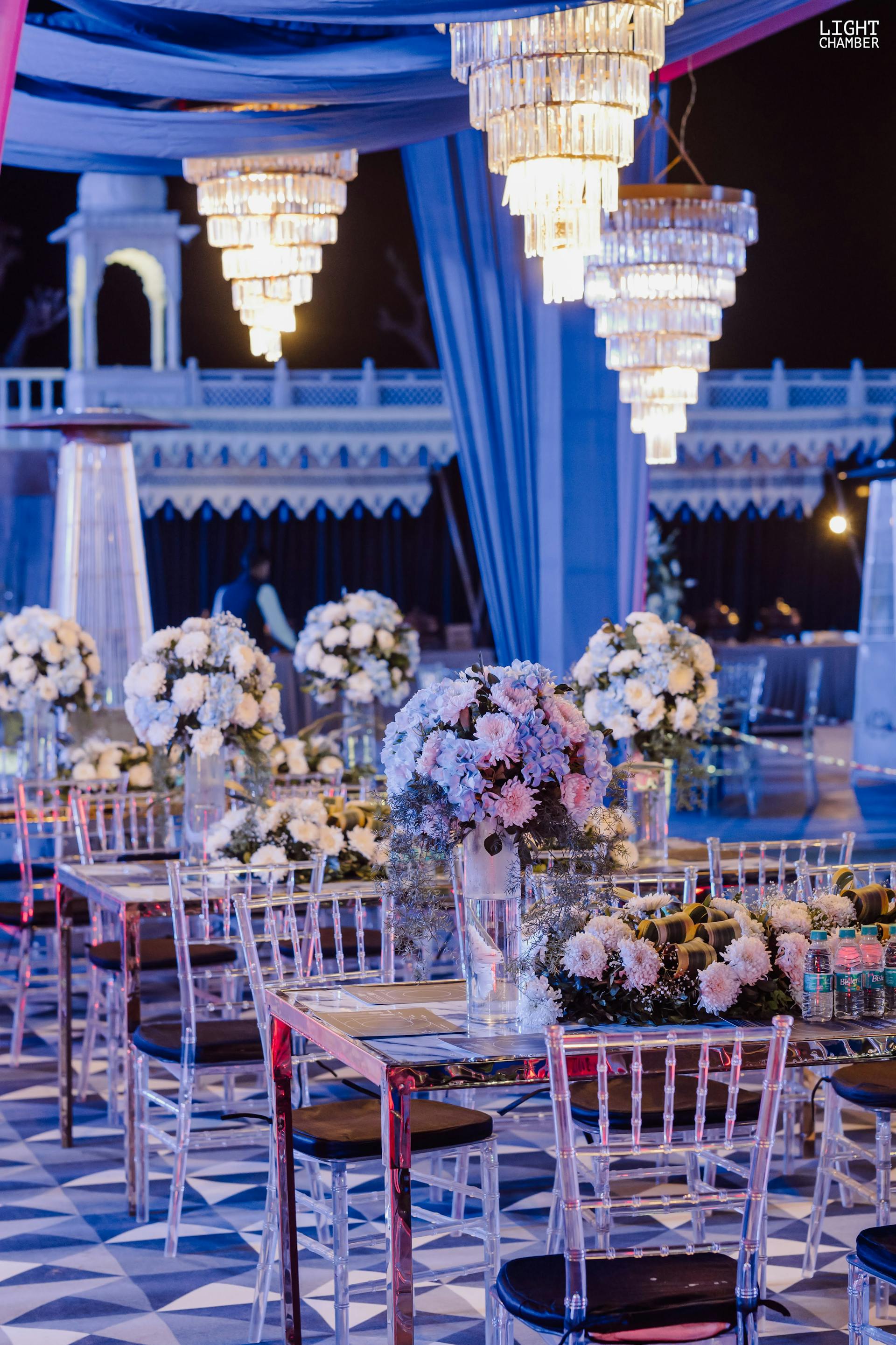

Estimated Reading Time:
(9 minutes)
There’s a moment every couple hits in the planning process—usually right after they fall in love with a photographer who costs more than their entire catering budget—when they lean across the table and whisper: “Is it okay to ask for a discount?”
Short answer? Yes, it’s okay to ask. Long answer? It depends on how you ask, when you ask, and why you’re asking.
As someone who’s worked with vendors in every price bracket across two decades of weddings, I’ve seen negotiation done beautifully—and badly. Done right, it builds respect. Done wrong, it shuts doors. So let’s talk about how to approach vendors with confidence, honesty, and respect… while keeping your budget intact.
When you ask a wedding vendor for a discount, you’re not just asking for a lower price—you’re asking them to change the value of their time, their talent, and their business model.
That doesn’t mean it’s off-limits. But it does mean you have to approach the conversation like a collaboration, not a confrontation.
Most wedding vendors are small business owners. They don’t have a corporate budget. Every price on their list is connected to something real: labor, materials, gear, licensing, liability, transportation, taxes, and yes—talent. That $3,000 photography package isn’t just about pressing a shutter button. It includes hours of editing, backup equipment, insurance, delivery software, and years of experience to make it all look effortless.
So before you try to negotiate, ask yourself:
Do I really need a discount… or do I need help building a package that fits my budget better?
Because there’s a difference—and how you phrase it matters.
Instead of saying, “Can you take $500 off?” try:
“We absolutely love your work. Our photography budget is closer to $2,500—do you offer any smaller collections or more flexible packages that might work for us?”
This shows you respect their pricing and expertise, while also being honest about your financial limits. You’re not asking them to justify their rates—you’re asking if there’s a way to collaborate.
In many cases, vendors do have smaller packages that aren’t listed on their website. Or they might suggest cutting a few hours of coverage, swapping products, or shifting dates to make something work.
Vendors are far more likely to work with your budget if you’re booking:
A weekday wedding
A non-peak month (January, February, July)
A morning or brunch event
A short-notice wedding with open availability
For example, one of my couples got a dream florist to cut her minimum in half because they were getting married on a Thursday in February—and she had no other bookings that week. The florist was thrilled to have the work. The couple got their dream flowers. Everyone won.
If you’re flexible with your date or timeline, let the vendor know. It may open doors you didn’t expect.
Some vendors wear multiple hats. That DJ? He might also offer uplighting or ceremony sound. That planner? She may have in-house stationery or a partnership with a local rental company.
Ask:
“Do you offer any bundles or add-on packages that save money when we book multiple services through you?”
Vendors love working with clients across categories. It builds trust, reduces logistics, and yes—sometimes allows them to pass on savings because you’re giving them more business in one place.
Even if the rate doesn’t change, you may get perks thrown in (extra hours, bonus edits, upgraded rentals) simply for consolidating your services.
Bartering isn’t dead—but it has to make sense.
If you’re a professional graphic designer, web developer, or have access to a service the vendor might need, you can politely offer a trade.
A bride I worked with once received a hefty discount on her videography package because she was a CPA and offered to help the vendor reorganize his bookkeeping system. She framed it respectfully, with no pressure, and it worked beautifully.
Do not assume bartering is always welcome—but if you have something genuinely useful to offer, you can bring it up in a casual, respectful tone.
This might be the most important advice I can give.
Sometimes vendors can’t negotiate. They’ve priced themselves at the minimum they can work for, and asking them to go lower simply isn’t possible without devaluing their work.
If they say no, thank them sincerely. Don't ghost them, don’t try to shame them, and definitely don’t attempt the “Well Vendor X offered it for less” comparison. That kind of pressure doesn’t just burn bridges—it ruins your reputation in the planning community faster than you think.
Instead, say:
“Thank you so much for considering it—we totally understand and appreciate your time.”
That leaves the door open. And more than once, I’ve seen vendors circle back weeks later with unexpected offers because they appreciated how professionally the couple handled the conversation.
Yes, you can negotiate—but do it with heart. The best relationships in the wedding world are partnerships, not transactions. When you approach a vendor with respect, clarity, and collaboration, you’re far more likely to find a solution that works for everyone.
Sometimes, that solution is a smaller package. Sometimes, it’s a weekday date. And sometimes, it’s simply deciding that this vendor’s value is worth the full rate—and moving money from another category to make it happen.
The point isn’t to get the lowest price. It’s to get the best experience your budget can support, from a team who believes in what they do.
Trust me, your wedding will be better for it.
– Bailey J.